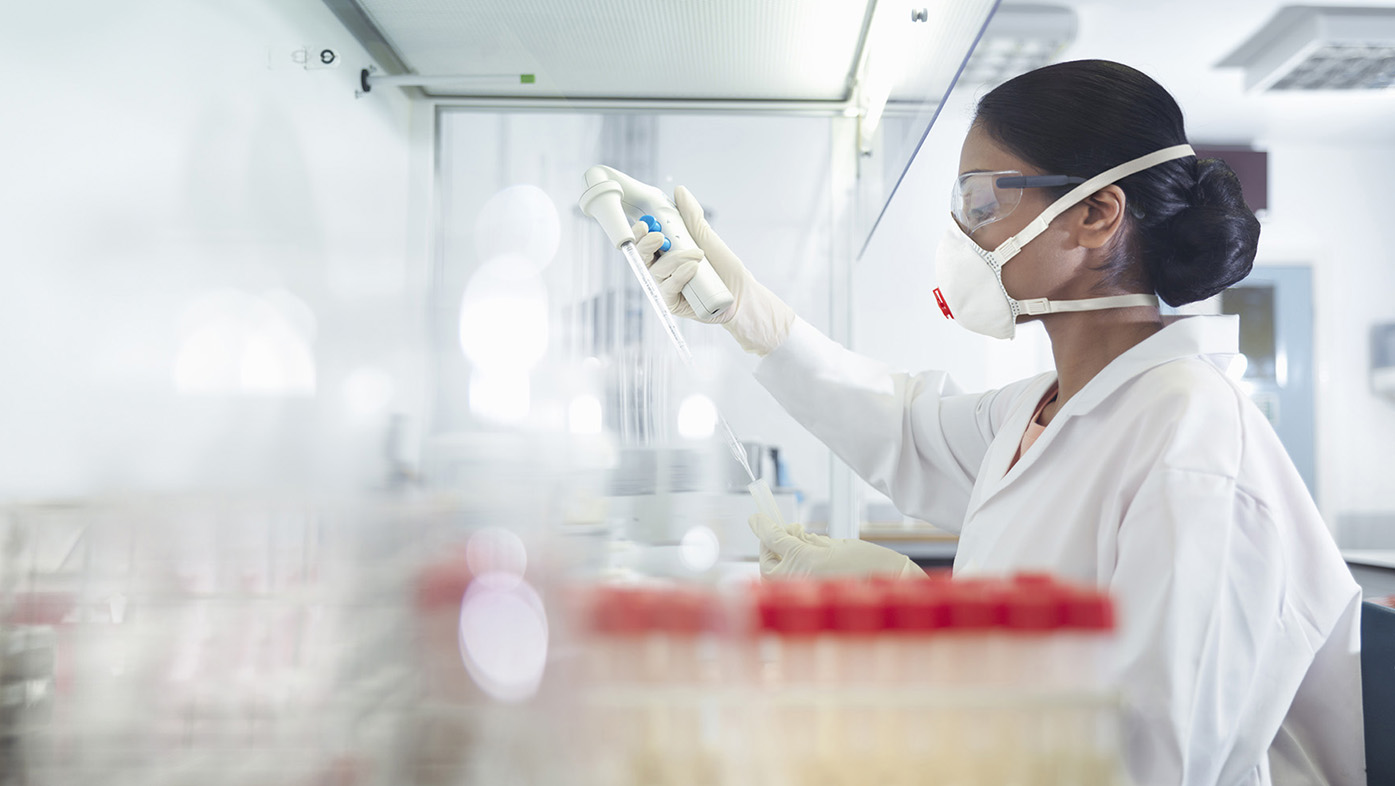“No one group can overcome these enormous challenges alone,” said Diarra. “It’s only by joining hands with all stakeholders that we can start to move the dial, and once we have built momentum, even more important is to sustain that effort for the long haul.”
Existing metrics are designed to measure quality care in high-income countries, but these may not be applicable to low-resource settings. This initiative aims to define a measurement framework that is context-appropriate; wherever it’s used, it will effectively track health-system readiness and ability to deliver quality cancer care, and then track improvements over time.
The goal is to help government decision-makers and other local stakeholders in low- and middle-income countries to make evidence-based investments to improve the quality of cancer care in their respective countries, regions and cities.
Diarra points to the need for leadership across the board and says that’s why BMS is doing its part to help “raise the bar” in terms of quality cancer care in low- and middle-income countries. "What doesn’t get measured, doesn’t get improved,” he said. “It’s fundamental to driving change.”
The Quality Indicators framework will pilot in two cities – Porto Alegre, Brazil, and Cali, Colombia – and later be expanded to others in the C/Can network.
Charting a clear path to combat NCDs
The WHA week was also an opportunity to reflect on collective achievements on the road to the UN’s 2030 goals, and lessons learned over six years of joint action through Access Accelerated.
Access Accelerated, started in 2017, brings together numerous biopharmaceutical companies to advance care for NCDs in low- and middle-income countries. This year at WHA, Access Accelerated launched a milestone report, Key Lessons in Advancing Access to NCD Care, which covers the collective’s impact across more than 30 countries since its inception and charts a path forward to tackle the growing global burden of NCDs.



